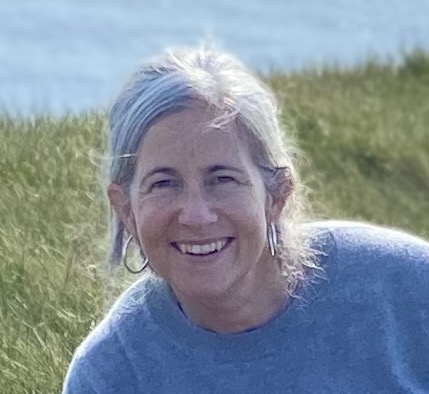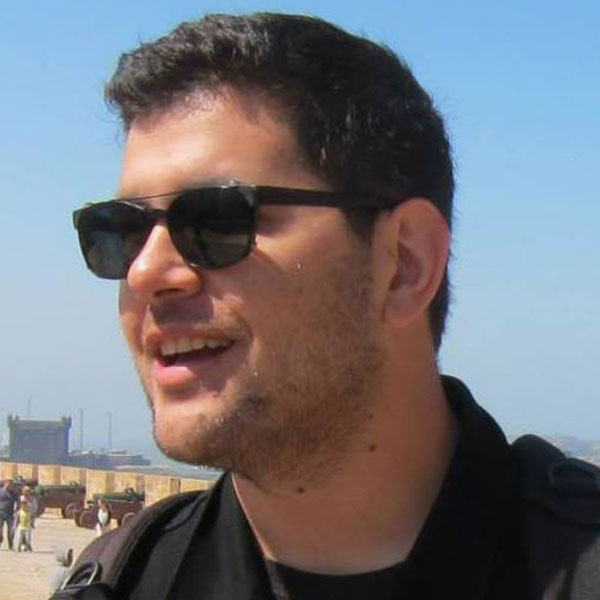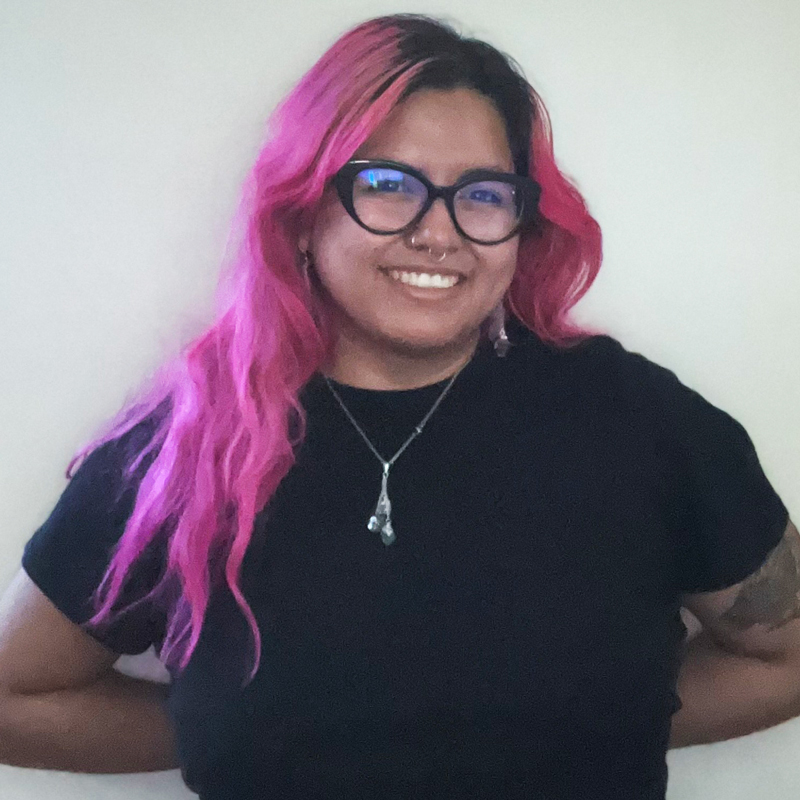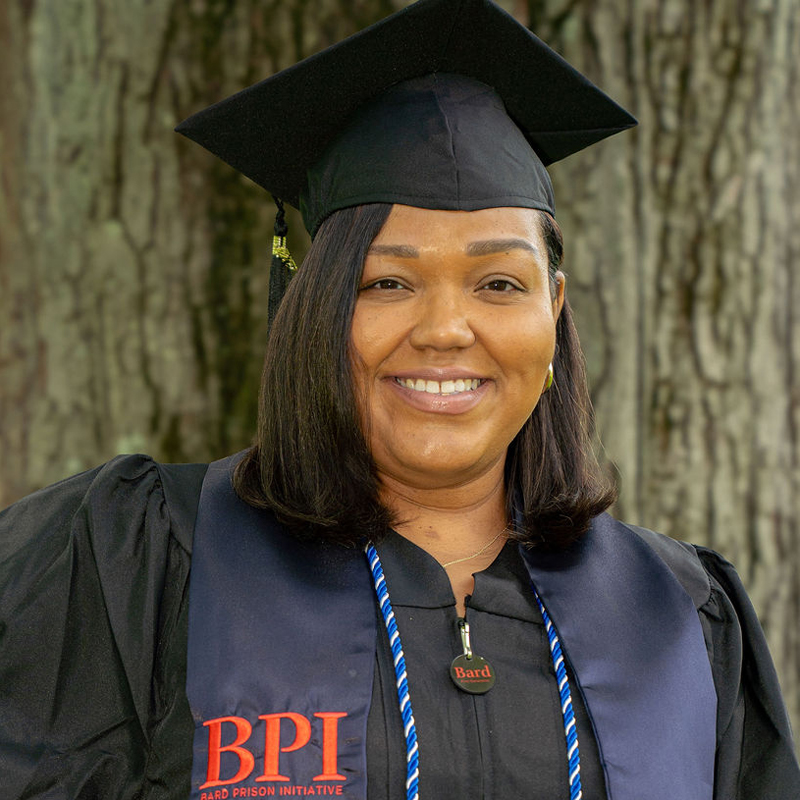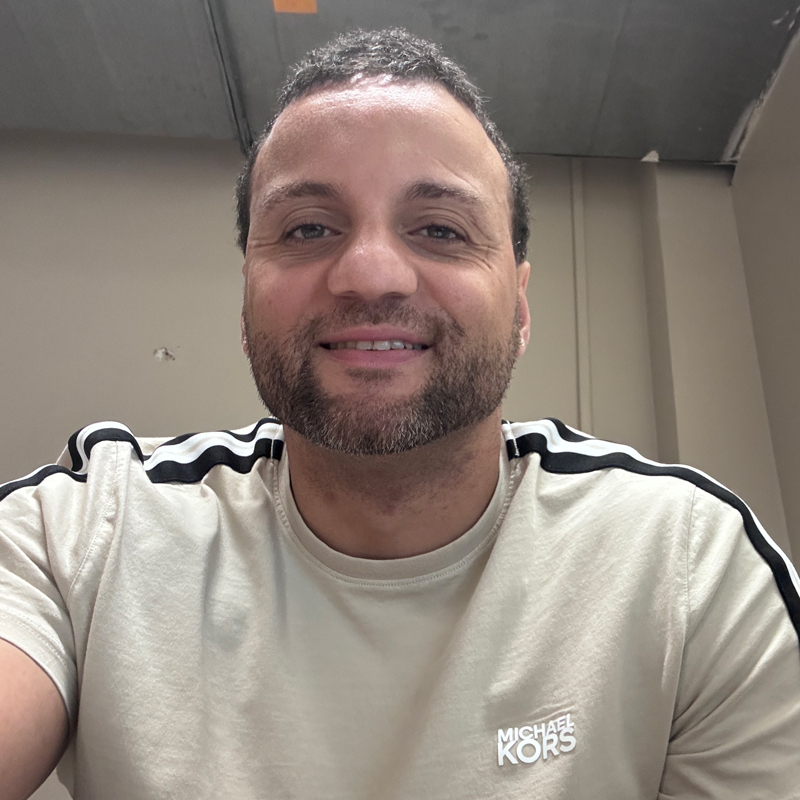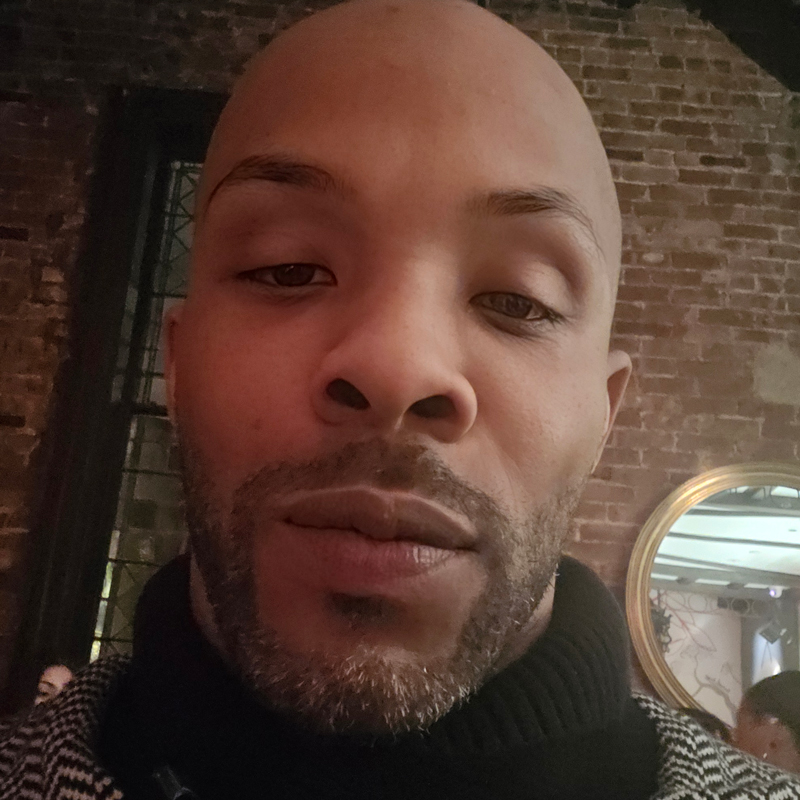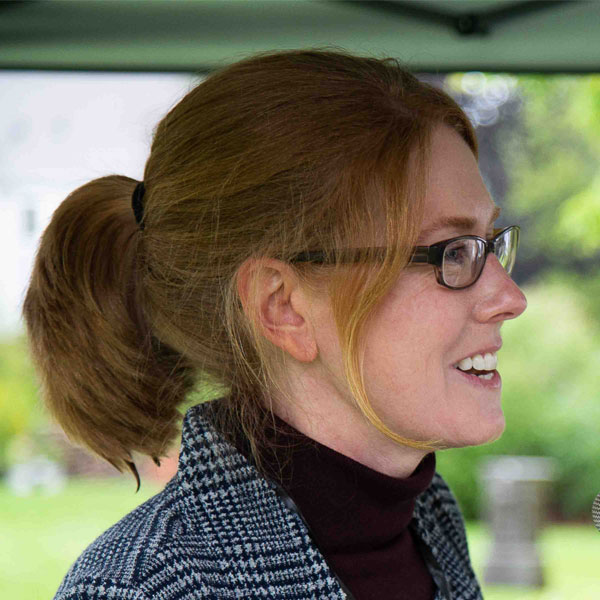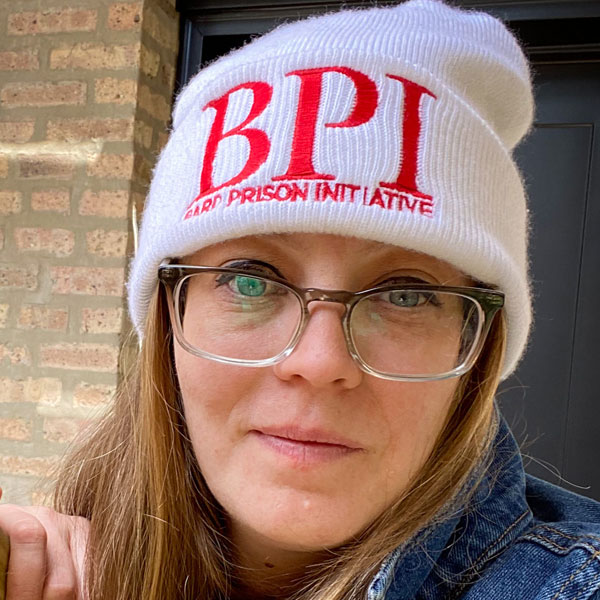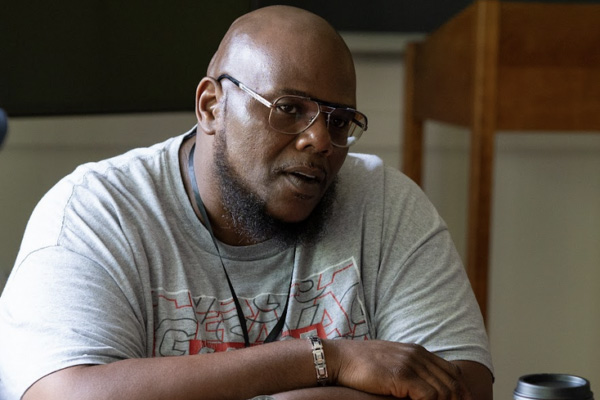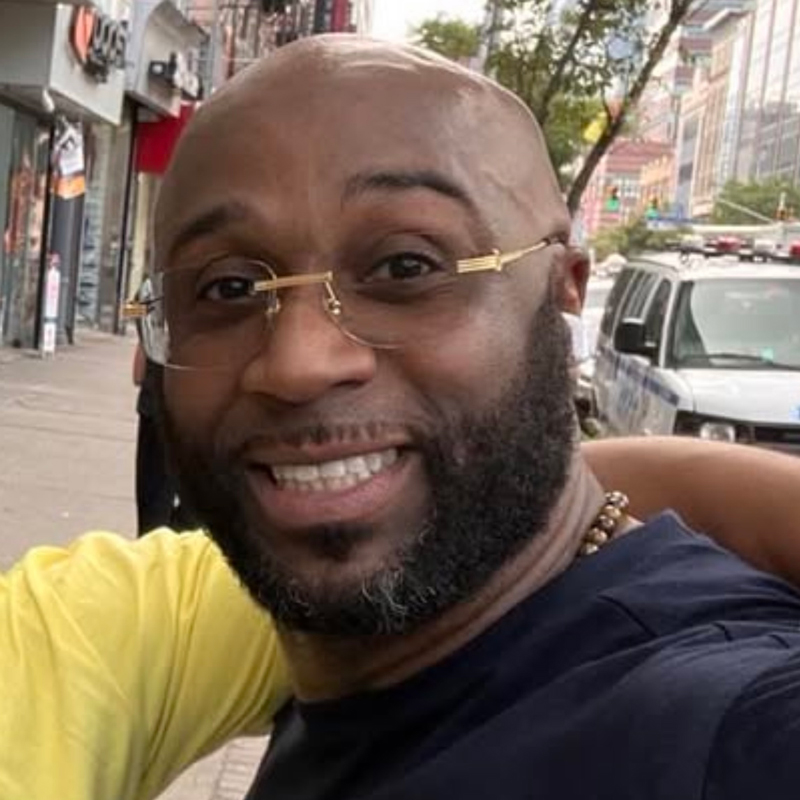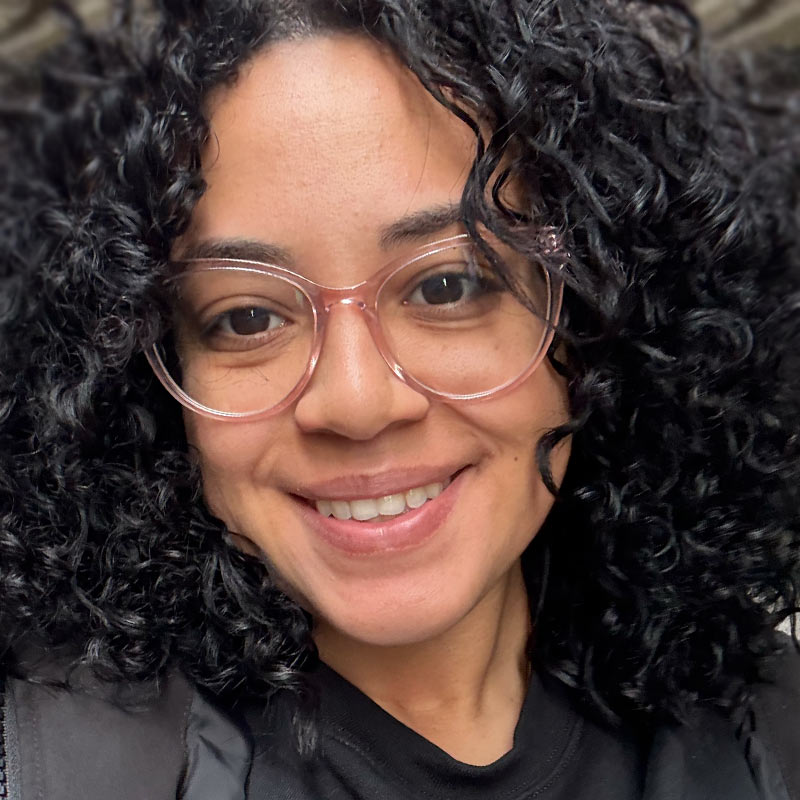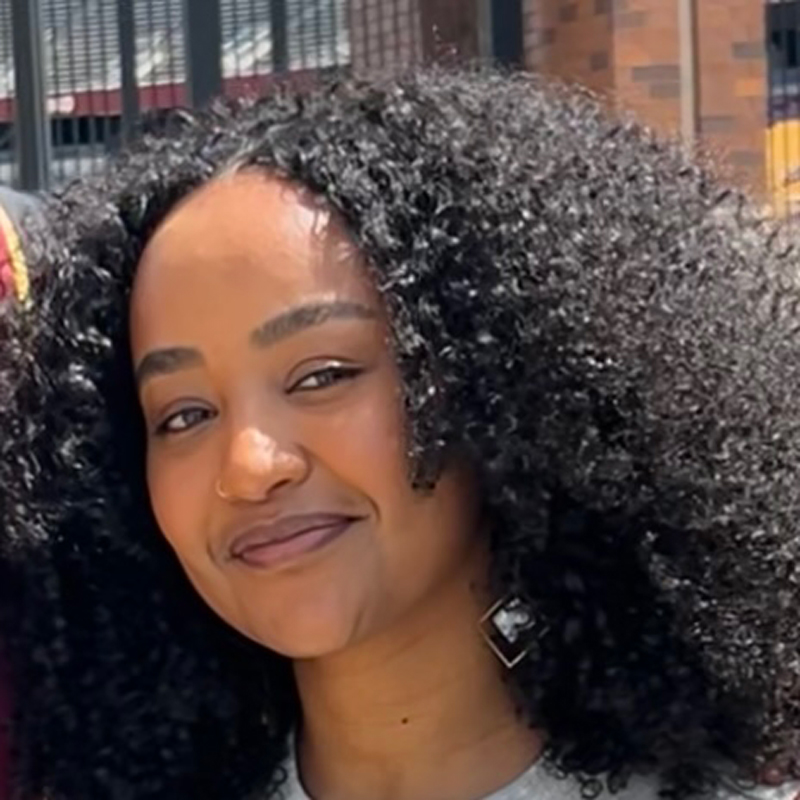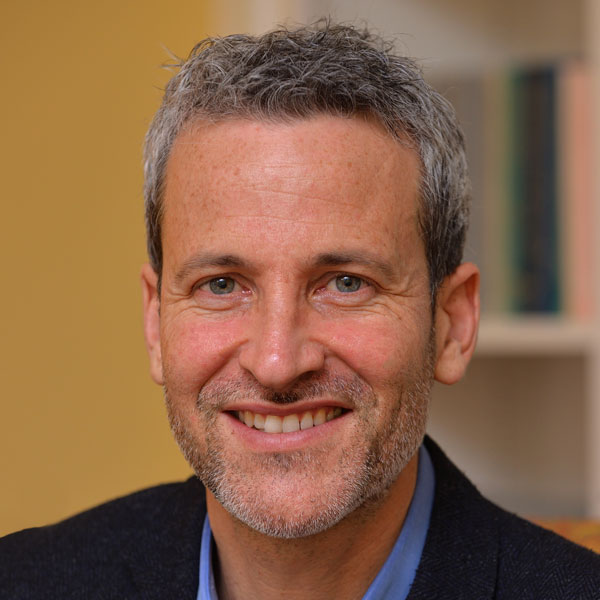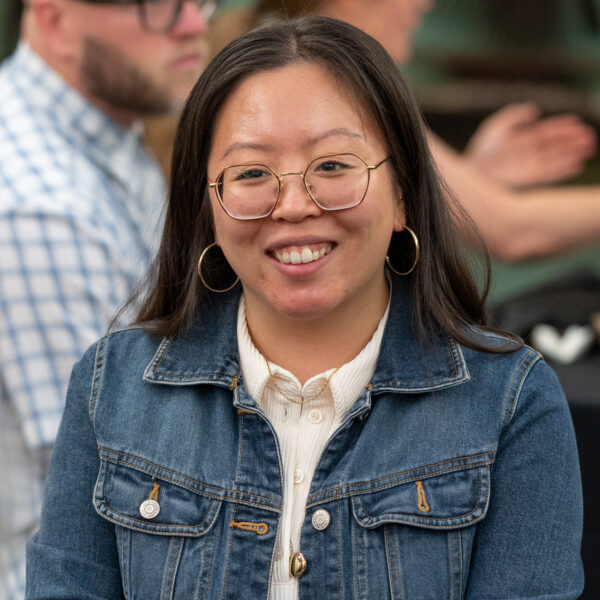All Workshops
Academics and Practice
Academic Overview and Writing Curriculum
This session will detail the specifics of the BPI curriculum, its goals and reasoning — including relationship to main campus requirements and approach, with an eye toward applying some core principles to curricular development at your own college. In doing so we will elaborate upon the L&T experience and how it leads into Bard’s writing-based process.
Academic Resources I: Advising, Research Support and Libraries
Academic Resources support students outside the classroom in responding to the myriad challenges of college work — conceptual, logistical, personal, and professional.
- BPI students rely on research support directed by a professor on staff who manages a team of work-study students who find and print out materials for them in response to requests that may be as specific as an article citation derived from the JSTOR index, or as broad as a general request for information on the Cultural Revolution in China.*
- At every BPI site, there is a college library, which may be comprised of several bookcases inside the college classroom or could be an entire room full of shelves, with study tables and a whiteboard on wheels. How do we build, organize, and protect the library? Who is responsible for it?
Academic Resources II: Academic Advising & Peer Tutoring
Academic Resources support students outside the classroom in responding to the myriad challenges of college work — conceptual, logistical, personal, and professional.
- Academic advising focuses on helping students navigate their trajectory through the college, from course selection to complicated conversations with faculty; strategizing with them around academic challenges, both intellectual and logistical; and staying focused through the conflicts that can arise between student life and everything else.
- Peer tutoring is central to the BPI experience. Like their counterparts on the main campus, students inside may take a for-credit course to learn basic principles and practices of effective, student-centered pedagogy. Those who go on to become writing and math tutors are a crucial force in the collaborative learning ethos and practice that define the college community inside. This community extends to include undergraduates from the main campus, similarly trained through the college’s Learning Commons, who come in weekly to the prisons. This session situates the hows and whys of tutoring within the big picture of the college inside. In addition to hearing from those who train and manage both categories of tutors (those inside and those coming in from outside), we will talk with alum who have worked as tutors about the ways in which tutoring figured in their own educational trajectory.
Cultivating College Community Inside: A Conversation with Alumni
While site directors, faculty, and other college representatives work to find, hold, and extend space for the college within the prison, we know that it is students who create and sustain the world of the college inside. We will talk with alum about what students do to build community and protect the college under challenging circumstances, and how we can best support them in doing so.
Faculty Recruitment and Hiring
Sharing strategies for identifying good candidates, spotting dangers, and bringing faculty into the work.
From Values to Practice: Creating Your Faculty Handbook
What information is most important for faculty to have prior to the start of a semester? What kind of support is most helpful throughout? We invite workshop participants to build components of their own faculty handbooks, consider strategies for effective faculty communication before and during a semester, and reflect on challenges and successes of teaching and of supporting faculty.
Language and Thinking: Bard’s Introduction to College
In this session we encounter Bard’s Institute for Writing and Thinking methodology and Bard’s Language and Thinking (L&T) first-year experience. All Bard students begin their first year with this intensive introduction to reading, writing, and thinking for college. It aims to disrupt their expectations and reorient their thinking about what it’s like to do rigorous, collaborative intellectual work. We will learn by doing, going through a quick but intense version of a day in L&T so that participants can get a sense of what the workshop makes possible.
Planning for Degrees and Majors
Optional
For those in the early stages of planning for creating majors and degrees, this workshop begins by reflecting on your home institution’s degree requirements and the hallmarks of its undergraduate experience. We will discuss strategies for applying core principles to curricular development at your own college. We will also think together about how to build stackable credentials between AA and BA degrees, choose majors to offer, and think through the problem of replicating main campus degree requirements and the depth and breadth of main campus course offerings at a very different scale in prison.
Conversations
Conversation between Jessica Neptune ’02 and Patrick Stephens ’17 about the History of Incarceration and Restorative Justice
Join Jessica Neptune and Patrick Stephens for dinner and a conversation as we pause our focus on practice to zoom back out and critically engage the imagined purpose and function of prisons over time. Jessica will explore the long history of the institution of the prison, cycles of failed reforms, and the idea of rehabilitation before Patrick turns to his work in restorative justice.
Dinner and Conversation with Site Directors and Program Coordinators
The daily work of sustaining the college inside: supporting students, communicating with prison staff, and managing faculty. Site directors share stories and strategies for creating possibilities and responding to the challenges that arise every day.
Philosophical Approaches
Bookends of a Student’s Encounter with the College: New Student Orientation and Commencement Planning
This workshop will explore how we build on the admissions experience to inspire, challenge, and situate students to succeed in the college by inviting students into a long-term relationship with the college. Max will conduct an orientation just as we do inside, with participants in the student role.
We will then switch gears and jump to the other bookend of students’ formal time with the college and discuss commencement planning, strategies, and principles and how to reproduce the ceremony in ways that bring the college into the prison and underscore the momentousness of the occasion. Commencement planning stands with student orientation as two core moments in which the program messages the centrality, power, and salience of the college as the relevant institution in student’s lives.
Introductions, Welcome, and History
To begin, we will introduce ourselves and take a look at what we’ll be doing in the weeks ahead. We will share a brief history of the field of college-in-prison and the specific story of BPI, and how BPI fits — and doesn’t fit —into the world of higher ed. Together, we will reflect on our hopes and plans for this work: a look at where we’ve each been and where we’re all going.
Paradoxes of College-In-Prison
This workshop engages the rich, necessary contradictions inherent to the endeavor of college-in-prison and how we think about those contradictions in practice.
Reentry and Alumni
Alumni Careers and Dinner
A conversation over dinner with BPI alumni who work on the BPI team in various capacities including portfolios that cover: government affairs and advocacy, reentry and housing, continuing education, working with young people in the juvenile system, and directing a Microcollege.
Beyond Reentry, Building out Alumni Support and the ConnectED Workshop
Alumni staff leaders of BPI’s ConnectED Workshop lead us through a session and then describe the content and experience of the six-week workshop for recently released alumni/ae, which covers housing, continuing education, engaging with technology, wellness, career development, and navigating social services.
Reentry: Getting Started
We will experience BPI’s introduction to reentry and learn about the history of reentry at BPI and thoughts about how to get started in offering reentry support in your program. We will also look at BPI’s reentry workshops inside: what do students need most as they prepare to leave prison and what can we provide? How do we guide them toward resources? We will build connections between BPI’s reentry work on the inside and the BPI ConnectED Workshop.
Technical Approaches
Admissions Interviews: Philosophy and Practice
In this workshop we will explore the art of the admissions interview, watching and then practicing together how to engage with prospective students so that they show us what kind of student they could be, and how we show them something about what it would be like to be a student at Bard.
Community Wellness
This workshop explores some strategies for acknowledging, coping with, and building resilience in the face of our students’ historical and ongoing traumatic experiences. How do we support their well-being and our own?
Data and Filemaker
In this workshop, we will explore BPI’s Filemaker system as a tool for day-to-day program management as well as for data collection, reporting, and program evaluation: What to track and why and how. We will explore what to consider when building out a database, categories and definitions for data collection and reporting, and some principles in thinking about the boundaries and ethics of research in the field of college in prison.
Grant Writing and Fundraising Development Strategies and Planning
Conversations with BPI’s development team continue in this session as we explore strategies for how to plan fundraising that includes grant writing, cultivating small donors, and development communications strategieson an annual basis. The team will share insights and guidance related to the nuts and bolts for building out the vision, capacity, and infrastructure to seek out, obtain, and retain support from donors and foundations.
Introduction to BPI Admissions and Essay Reading
Admissions is the first encounter with the college; we engage with prospective students exactly as we do those who are enrolled — with respect, rigor, and deep interest. The admissions process crystallizes the BPI model; in this session, we will explore both process and philosophy.
We will spend time reading and scoring admissions essays so that participants gain a hands-on experience with the BPI method. What are we looking at, what are we looking for, and how do we decide who gets an interview?
Planning for Pell
In this session we will explore the new Pell PEP regulations and steps required to apply to become a PEP eligible site and moving from Second Chance Pell into becoming a PEP. We will discuss how to work with students for the successful completion of the FAFSA, as well as how to approach the question of tuition and student accounts with the college administration. This year BPI Dean Megan Callaghan and Director of Budget and Financial Aid Rupali Rifenburg will be joined by fellow member of the cohort, Sheila Meiman of the National Association of Student Financial Aid Administrators.
Thinking about Fundraising
The first in a series of conversations with BPI’s development team, this workshop lays the groundwork for shaping your program’s philosophical approach to fundraising. We will discuss how to get comfortable asking for money and explore our assumptions and challenges related to fundraising.
Working with Corrections
This conversation will cover tips and strategies for negotiation with the DOC. What does the college need from the DOC? What to consider in an MOU? How to navigate central office and facility level leadership. Taking up space in the prison, classification and movement, recruitment of future students, and defining what’s “college business.”
